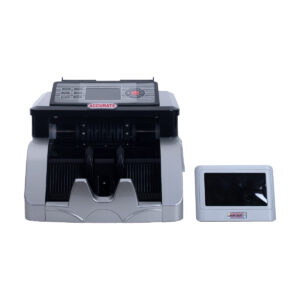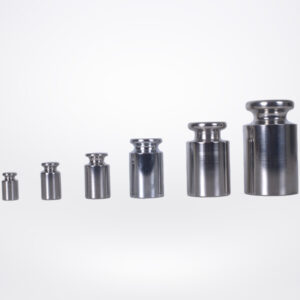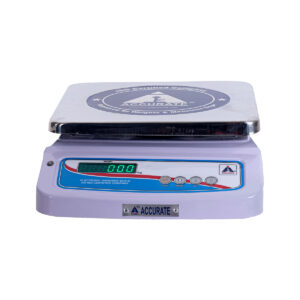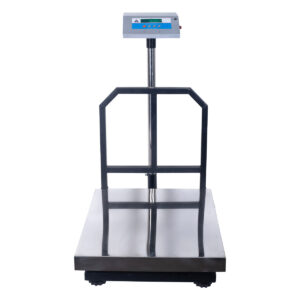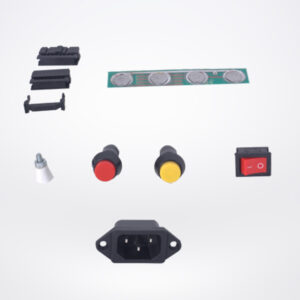The Early Beam Scales
Nowadays scales and balances are widely used in commerce, as almost all the products are sold
and packaged by weight. So it is important to use the correct weighing and measuring scale to
receive accurate readings to keep the product safe.
For example, weighing goods with an accurate electronic weighing scale provides exact weight and can reduce costs due to manufacturing errors. The object of this” Continuous Weighing News” is to create an interest and awareness among PUBLIC about a very essential subject Weighing and Weighing scales.
For example, weighing goods with an accurate electronic weighing scale provides exact weight and can reduce costs due to manufacturing errors. The object of this” Continuous Weighing News” is to create an interest and awareness among PUBLIC about a very essential subject Weighing and Weighing scales.
In the dim dawn of EGYPT’S golden day
An unremembered genius shaped the beam
And poised the trembling scales, and did not deem
His new-made balance other than a way
To serve an end, and in the mart display
W .A .BENTON writes in his sonnet – The Balance
An unremembered genius shaped the beam
And poised the trembling scales, and did not deem
His new-made balance other than a way
To serve an end, and in the mart display
W .A .BENTON writes in his sonnet – The Balance

The barter system is the oldest mode of commerce and dates back to ancient times. Long
before monetary currency was invented, individuals traded services and products in return
for other items. The barter system can be defined as the act of exchanging goods between two
or more parties without using money. The exchanged goods must be of value to the parties
involved. For example, butter can be exchanged for bread, or a carpenter who constructs a
fence for a farmer can be repaid in farm produce, such as beans and maize, equivalent to
work done.
Before the crudest weighing balance was devised, the process of hefting or lifting an object to ascertain its weight was probably in use.
The great prehistoric invention of mankind, such as those of the balance, the wheel and the use of metals are far more important and far more necessary than all the inventions which have followed in historic times.
Before the crudest weighing balance was devised, the process of hefting or lifting an object to ascertain its weight was probably in use.
The great prehistoric invention of mankind, such as those of the balance, the wheel and the use of metals are far more important and far more necessary than all the inventions which have followed in historic times.

The idea of the balance probably developed from the yoke,
When man came to realize that two equal masses balance
each other if hung from the ends of a beam supported at the
centre of its length.
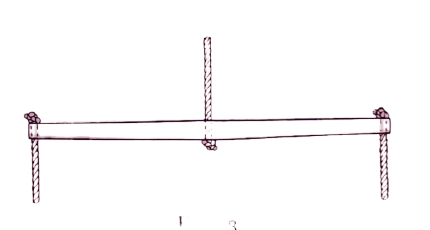
The Early Beam Scales
The early balances were straight piece of wood or stone with
suspension cord passing through a hole midway between the
two ends, which in turn, were also pierced with holes through
which were threaded the cords suspending the scale pans.
They are known to have been in use as early as 4,000BC. These balances were not accurate
because of the difficulty of locating the holes with precision and also because of the wandering of
the cords in the holes (crudest weighing balances).
A great invention was made about 1500 B C, the
Egyptians formed the idea of bringing the cords out of
the ends of the beam. By this device, it was simple matter
to make the arms of the beam equal by a little scrapping.
No matter how heavy the loads, the cords always lay
against the ends of the beam. In the best of these
balances the ends were lotus- shaped and rounded into
curves struck from the fulcrum of the beam.
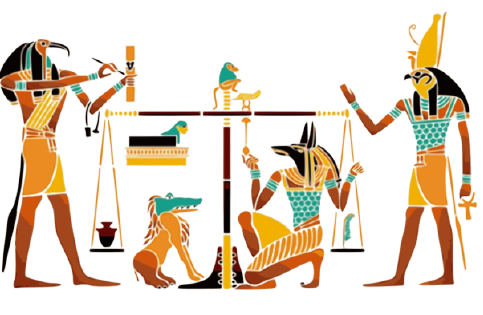
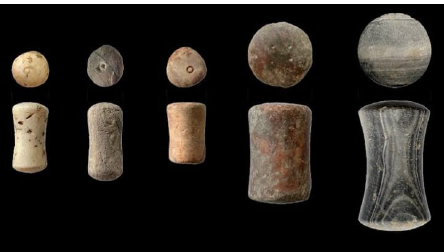
The earliest weights used with these ancient beams were of
hard stone, rounded into convenient shapes. Later, they were
of bronze. Weights of lead were used by the Greeks. At the
height of Egyptian civilization, bronze weights were cast in
the form of animals.
This type of balance was in continual use in European Countries until the end of the fifteenth
century, for in sterile years between 1500BC and 1500AD there was no improvement.



